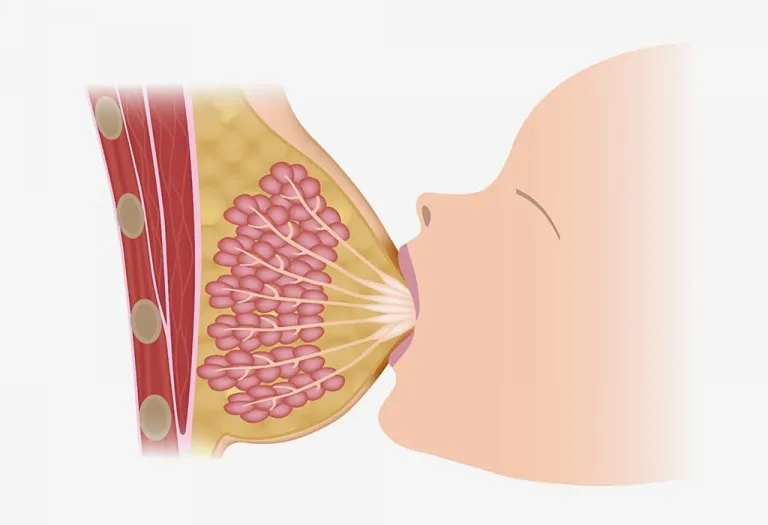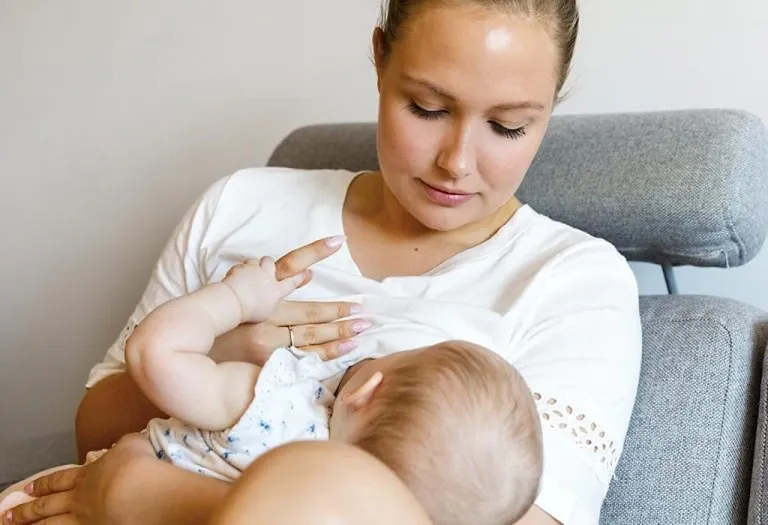HPV and Cervical Cancer – Myths and Facts That Are Important to Know
Issued by MSD in the public interest for awareness purposes only.
People often synonymise HPV with cervical cancer. It’s easy to get overwhelmed by the misinformation around the subject, especially with all the fear and uncertainty associated with cancer. We’re here to change that and give you the facts.
In this article, we aim to bust some long-standing myths about the human papillomavirus (HPV) and cervical cancer so you can take steps towards its prevention.
HPV Infection
HPV infection is a viral infection caused by human papillomavirus (HPV) (1), which is a group of around 100+ viruses. Some types of HPV can cause cancer. The infection can affect the skin and genitalia.
Disclaimer: For most people, HPV clears on its own. But for those who don’t clear the virus, it can cause certain HPV related cancers and diseases.
Cervical Cancer
Despite being the second most commonly occurring cancer among women in India, there’s still not enough education around it (2). Cervical cancer is the growth of abnormal cells that begin in the cervix, the lower part of the uterus connecting to the vagina. When exposed to HPV strains, the immune system tries to fight it and prevent it from spreading. However, in a small percentage of people, the virus may survive for years and eventually turn the cervical cells into cancer cells (3). This causes cervical cancer.
Myths and Facts Around HPV and Cervical Cancer
There are ways to stay informed and protect yourself. The first step is to understand what information is science-backed and what counts as misinformation. Let’s bust some myths, shall we?
Myth 1: If you have HPV, then you will have cervical cancer.
Fact: Having HPV does not guarantee cervical cancer. Although it is true that HPV can cause cervical cancer (1), it takes persistent infection of certain HPV strains to ultimately lead to cervical cancer (4). HPV vaccination is a crucial step in helping reduce the risk of cervical cancer. HPV vaccination can help prevent certain HPV-related cancers, depending on the HPV vaccine types (5).
Myth 2: Only women who have multiple partners have HPV.
Fact: The truth is, women, irrespective of their relationship status, are susceptible to contracting the HPV virus (6). It is a common virus that transmits from people who do or do not present any symptoms (7). So, to think that women who have multiple partners can get HPV is inaccurate. HPV can still be contracted even with one partner (6). Eligible sexually active women can benefit from the HPV vaccine, especially against strains they haven’t been exposed to yet (8).
Myth 3: You don’t need to get vaccinated for cervical cancer as you don’t have symptoms, nor do you have a family history of cervical cancer.
Fact: Cervical cancer is most often caused by long-standing, high-risk HPV infection. Lack of symptoms or no family history of cervical cancer is not enough to avoid the vaccination (7).
HPV Vaccination helps reduce the risk of certain HPV-related cancers, but regular check-ups and screenings are just as important (9). Being proactive with your health allows for early detection and timely action.
Consult a healthcare provider if you notice any unexplained symptoms in your body. Remember, cervical cancer is preventable when vaccination is administered.
Myth 4: There is nothing you can do to prevent cervical cancer other than HPV testing or Pap testing.
Fact: You CAN help prevent cervical cancer by HPV vaccination and timely Pap smear tests. HPV vaccination can help provide protection against common HPV strains responsible for causing genital warts and certain HPV-related cancers (10).
You can also minimise the chances of developing cervical cancer by using protection. Remember to consult a medical expert about HPV vaccination for cervical cancer prevention.
Myth 5: Cervical cancer is contagious.
Fact: Cervical Cancer is not contagious.
Myth 6: HPV vaccine causes infertility.
Fact: That is not true. There is no evidence of HPV vaccines causing infertility, premature labour, miscarriage, or any other pregnancy complications in future pregnancies among women who are immunised with HPV vaccines.
In fact, globally acclaimed organisations, including the ACOG and FOGSI, support HPV vaccination in breastfeeding women.
Myth 7: Cervical cancer is not curable, and someone who gets it will die.
Fact: Cervical cancer is treatable if detected in its early stage (6). The doctor will recommend treatment options depending on the condition of the patient, stage of cancer and other related factors.
When and How to Receive the HPV Vaccination
Women are advised to get cervical cancer counselling for HPV prevention through vaccination and routine tests to help prevent the risk of certain HPV related cancers (11).
Consult your doctor to understand the recommended age and eligibility for HPV vaccination.
Currently, in India, the quadrivalent HPV vaccine and nonavalent HPV Vaccine are available.
Quadrivalent HPV Vaccine helps offer protection against HPV types 6, 11, 16, and 18.
Nonavalent HPV Vaccine covers HPV types 6, 11, 16, 18, 31, 33, 45, 52, and 58.
Cervical cancer is the second most common female cancer in India among women aged between 15 and 44 years (12).
It is wise to stay informed when it comes to your health!
IN-GSL-01058 | 17/06/2025 – 01/10/2026
Also Read:
Cervical Cancer and Fertility
HPV Vaccination for Girl Child
Cervical Cancer during Pregnancy
Human Papillomavirus and Pregnancy
Human Papillomavirus (HPV) in Children
Was This Article Helpful?
Parenting is a huge responsibility, for you as a caregiver, but also for us as a parenting content platform. We understand that and take our responsibility of creating credible content seriously. FirstCry Parenting articles are written and published only after extensive research using factually sound references to deliver quality content that is accurate, validated by experts, and completely reliable. To understand how we go about creating content that is credible, read our editorial policy here.
3. National Cancer Institute – What Is Cervical Cancer?
4. American Cancer Society – HPV Testing
6. PubMed Central – Cervical cancer in India and HPV vaccination
7. American Cancer Society – HPV Testing
8. PubMed – Prevalence and incidence of HPV genital infection in women
9. Centers for Disease Control and Prevention – What Can I Do to Reduce My Risk of Cervical Cancer?
11. Centers for Disease Control and Prevention – Reasons to Get Vaccinated
12. National Health Portal India – Human Papillomavirus (HPV) infection and cervical cancer






















